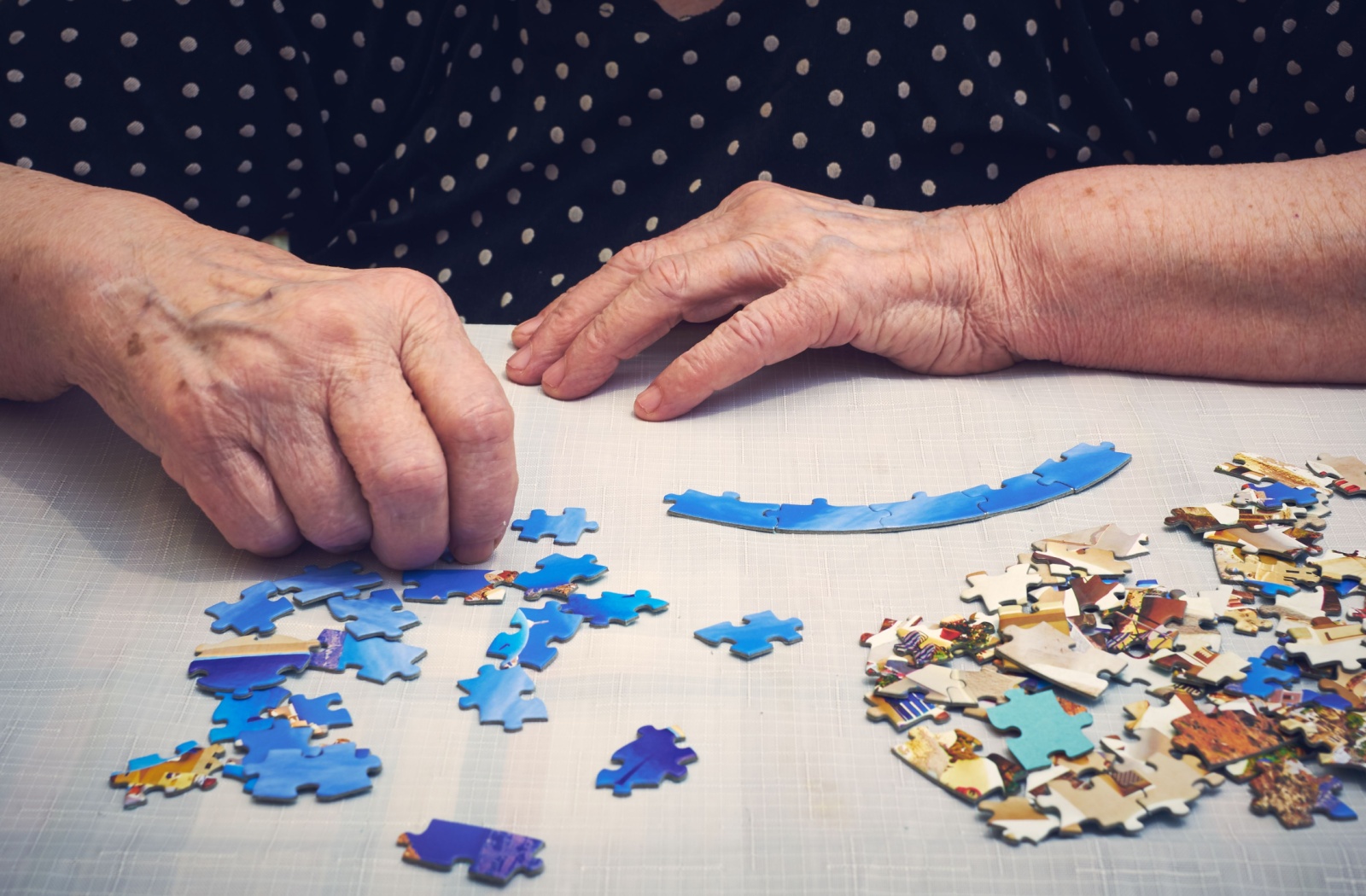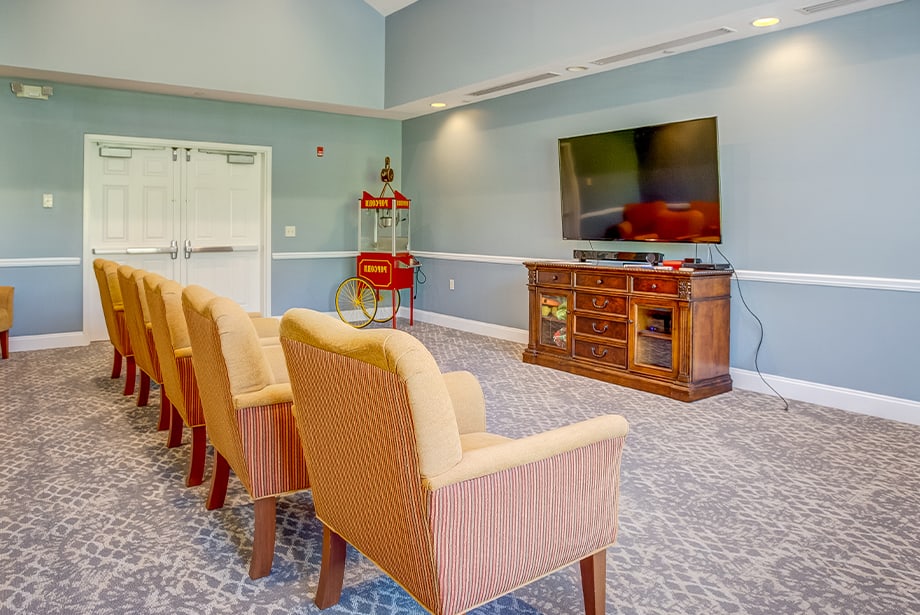Mental fitness becomes increasingly important as we age. Just as physical exercise keeps our bodies strong, brain games help maintain cognitive health and can slow age-related mental decline. The good news? Staying mentally active doesn’t have to feel like work—it can be enjoyable, social, and deeply rewarding.
Research shows that engaging in regular mental activities can help preserve memory, improve problem-solving skills, and maintain independence longer. Whether you’re looking to support your own cognitive health or help a loved one stay sharp, brain games offer an accessible and entertaining path to mental wellness.
The beauty of these activities lies in their adaptability. Each game can be tailored to individual preferences, abilities, and interests, making them suitable for seniors at any cognitive level. From simple card matching to complex puzzles, there’s a brain game for everyone.
Why Mental Activity Matters for Seniors
Staying mentally active serves as a powerful defense against cognitive decline. When we challenge our brains through puzzles, games, and learning new skills, we stimulate neurons and strengthen the connections between them. This mental exercise helps preserve our ability to process information, solve problems, and think clearly.
Beyond the cognitive benefits, mental activity significantly impacts emotional well-being. Engaging in brain games often provides a sense of purpose and accomplishment, reducing feelings of loneliness and boosting self-esteem. When played with others, these activities foster social connections that are vital for emotional health and overall quality of life.
Regular mental stimulation helps seniors maintain their curiosity and positive outlook while preserving their independence. The key is finding activities that feel enjoyable rather than burdensome—games that spark interest and provide genuine satisfaction.
7 Engaging Brain Games for Seniors
Card Matching
Card matching games offer a perfect blend of simplicity and mental stimulation. Players flip cards face down and work to find matching pairs, exercising short-term memory and concentration. This classic game can be enjoyed alone for quiet reflection or with others for social interaction.
The versatility of card matching makes it particularly valuable. You can adjust difficulty by changing the number of cards, adding time limits, or using themed decks featuring family photos, nature scenes, or favorite hobbies. This adaptability ensures the game remains challenging and interesting over time.
Sudoku

Sudoku puzzles provide excellent mental workouts through logical thinking and pattern recognition. These number-based puzzles come in various difficulty levels, making them accessible to seniors with different cognitive abilities. Regular Sudoku practice can improve problem-solving skills and mental agility.
Consider forming a Sudoku club within your community to add a social element. Sharing strategies and creating friendly competitions can make this individual activity more engaging while building connections with others who enjoy the challenge.
Word Search Puzzles
Word search puzzles combine mental stimulation with relaxation. These activities involve finding hidden words within letter grids, helping improve pattern recognition and vocabulary while allowing seniors to work at their own comfortable pace.
The variety of available themes—from nature and history to sports and literature—means there’s always a puzzle that matches personal interests. This customization keeps the activity fresh and personally meaningful.
Jigsaw Puzzles
Jigsaw puzzles challenge multiple cognitive skills simultaneously. Working with these puzzles enhances visual-spatial reasoning, problem-solving abilities, and patience. The gradual process of building an image piece by piece provides a sense of accomplishment and calm focus.
Start with simpler puzzles featuring fewer pieces or larger sections, then progress to more complex designs as abilities improve. The finished puzzle becomes a tangible representation of achievement that can boost confidence and motivation.
Trivia Games
Trivia games help maintain and enhance general knowledge while promoting cognitive flexibility. These activities work particularly well in group settings, encouraging social interaction and friendly competition. The recall required to answer questions exercises memory and keeps the mind active.
Personalizing trivia with questions about past decades, local history, or specific interests makes the game more engaging and meaningful. This customization helps seniors connect their experiences with the activity, making it both nostalgic and stimulating.
Bingo
Bingo is a timeless classic that blends mental exercise with social fun. Players focus on the called numbers and scan their cards, boosting attention and number recognition. Group sessions create camaraderie and build excitement for each game.
Its simple format makes Bingo accessible to seniors while still offering mental benefits. The chance to win adds fun and keeps participants engaged.
Memory Boxes
Memory boxes act as personal time capsules, boosting long-term memory and encouraging storytelling. Filled with photos, music, and meaningful objects, they spark memories and promote conversations about the past.
Creating and exploring memory boxes offers time for reflection and sharing stories with loved ones. This activity links past experiences to the present, supporting personal identity and emotional well-being.
Choosing the Right Brain Game
Choosing brain games requires careful consideration. Personal preferences are key—activities that match individual interests are more enjoyable and likely to be continued. Word lovers might prefer crosswords, while number fans may enjoy Sudoku.
Games should also match ability levels. Pick ones that challenge without frustrating, starting simple and increasing difficulty to build skills and confidence.
Opt for adaptable games that can evolve over time. As abilities change, games should adjust to maintain the right level of challenge, ensuring ongoing mental benefits.
Embracing Mental Wellness Through Play
Brain games do more than keep the mind sharp—they bring joy, connection, and personal growth. Staying mentally active doesn’t have to involve expensive programs; simple, fun games can make a big difference for both cognitive health and emotional well-being.
At The Enclave of Franklin, we believe mental fitness should be enjoyable, not demanding. Our activities spark curiosity and satisfaction, helping seniors stay sharp while fostering positive, meaningful experiences. Whether playing alone for quiet reflection or with others for social connection, brain games are a wonderful way to enhance life at any age.
Ready to see how we make mental wellness fun? Schedule a tour of our community today and discover how we help residents thrive through engaging activities and enriching experiences!










